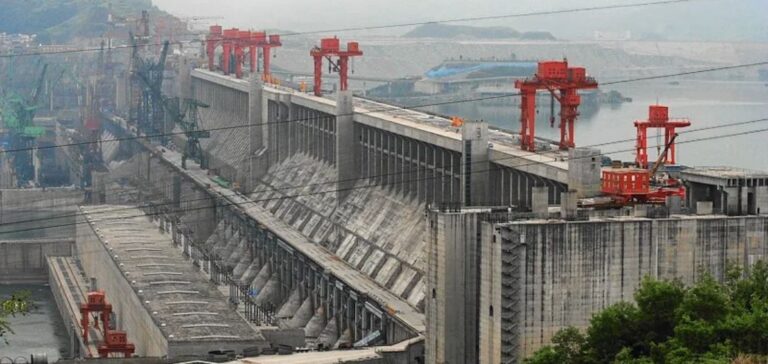After some delays, with approval initially expected in May, the World Bank finally approved a $1 billion loan for the 2,160 megawatt Dasu hydropower project in June. This financing marks the third major injection of funds by the World Bank into the project, underlining its key role in Pakistan’s energy future.
Current energy challenges in Pakistan
Pakistan is tackling the challenges posed by the high cost of electricity generated from imported fuels. This situation has forced consumers, factories and institutions, including mosques and hospitals, to adopt solar panels to avoid dependence on an expensive electricity grid.
Review of project plans and costs
The Dasu project, originally scheduled for completion in December 2021, has seen its completion date pushed back to 2028 by the World Bank due to various delays. In addition, the total cost of the project has been revised upwards by 13%, to an estimated $4.9 billion.
Expected economic and environmental benefits
The World Bank estimates that the Dasu project will save Pakistan around $1.8 billion annually on fuel imports. The project is also set to reduce carbon dioxide emissions by 5 million tonnes a year, making a significant contribution to environmental sustainability.
The Dasu project thus represents an important step towards securing Pakistan’s energy supply. This hydroelectric dam is expected to play a crucial role in reducing fuel import costs, while promoting economic growth and environmental sustainability.






















